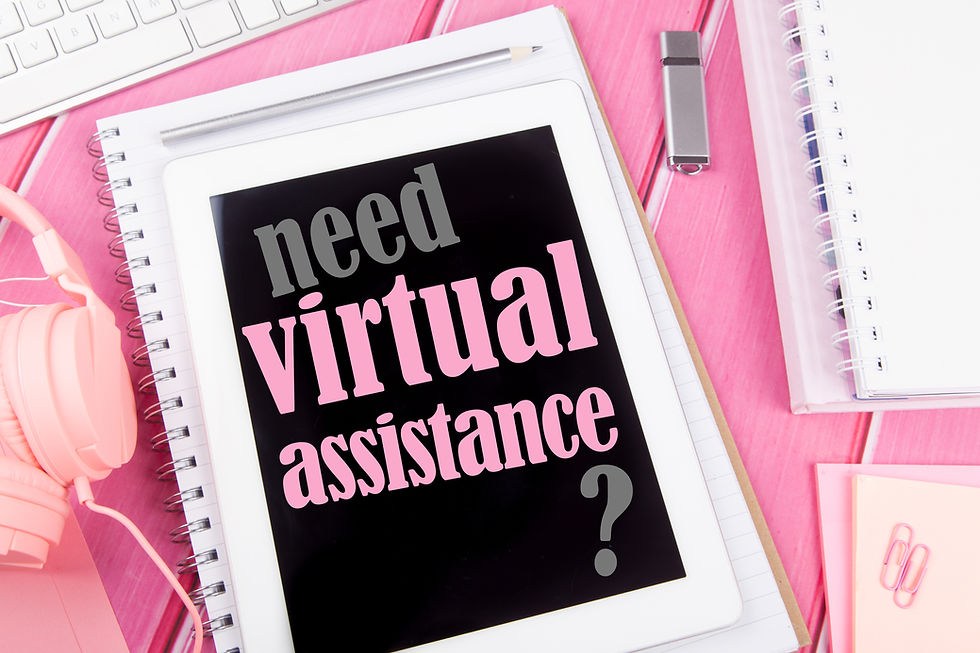The Introvert, The Extrovert and Zoom Fatigue
- Balance Business Solutions

- Feb 4, 2021
- 3 min read
Zoom has become ingrained into our culture both professionally and socially, and it looks like its here to stay. Even in lockdown 3.0, I find myself scrolling through an endless stream of Zoom memes on my Instagram feed.
Just yesterday, I came across an image of a little girl crying as she was brushing her hair captioned ‘me getting ready for another Zoom meeting that could easily have been in an email’. After reading this I immediately felt a wave of guilt pass over me. I have no doubt that my team has grown tired of my constant ‘can we have a quick chat on Zoom to discuss…’ messages on Slack.
Whilst I would argue that these impromptu Zooms are quicker and more efficient than emailing, the truth is I often simply miss the interaction and camaraderie that comes with face-to-face work life. I totally understand however, that the monotonous cycle of video calls can be overwhelming, particularly for those who deem themselves introverted.
Even though mental health experts have advised people to stay connected during the pandemic, there is no doubt that some of us have overcompensated - whether it’s scheduling one too many quizzes or signing up to that virtual yoga class that you dread ever week.
As we propel into 2021 and working-from-home continues as the norm, we are seeing a new phenomenon rear its ugly head - ‘Zoom Fatigue’, a kind of exhaustion that results from an overload of digital interaction.
There are a wealth of resources available online that explain both the psychological and physical causes of Zoom Fatigue. And whilst I am no expert in either of those fields, I feel I can shed some light on the subject of isolated working having worked this way for nearly three years now.
Admittedly, at the beginning of COVID-19 I truly believed that that introverts would thrive in a remote working environment. Unnecessary small talk and awkward exchanges in the hallway had become a thing of the past last March and for those who had previously shied away from social interaction “WFH” probably sounded like the absolute dream.
In the same way, I’m sure I wasn’t alone in assuming that the social butterflies of the office who normally thrive on social interaction would find isolated working extremely challenging. How wrong I was!
Interestingly, a study by Greater Divide seems to completely contradict my preconceptions. According to them, introverts are more likely to experience mental health issues during lockdown. And on reflection I can totally see why.
Vaile Wright, Senior Director for Health Care Innovation at the American Psychological Association, believes that Zoom meetings can be exhausting as they ‘require a lot more focus and attention than a regular meeting because there are 15 faces looking at you’. This constant pressure to read social cues and react accordingly can be exhausting for an introvert, especially if their work schedule comprises back-to-back meetings.
On the other hand, my extroverted friends admit they have never felt more connected. It’s safe to say there are a plethora of ways to keep in touch with family and friends, from FaceWines to quizzes and virtual coffee dates. My main concern for such friends is that whilst it’s tempting to book in lots of ‘virtual happy hours’, even socialites can be vulnerable to burnout. The key is to find the balance!
There are plenty of tips and tricks out there on how to support overwhelmed colleagues. One that resonated with me most is that it’s paramount to create a safe space, where overwhelmed team members can speak up. As a virtual business owner managing a remote team, I have come to learn the importance of building a digital relationship. It’s imperative that you check in with colleagues individually and not just on official ‘work’ basis. Even a simple ‘how’s everything going?' message can make a world of difference.
At Balance Business Solutions we have vast knowledge of the trials and tribulations of working from home, we are equipped with the business knowhow to help you adapt to this new way of working, please do reach out for an obligation free chat to see how you can make changes that will really make a difference within your organisation.




Comments